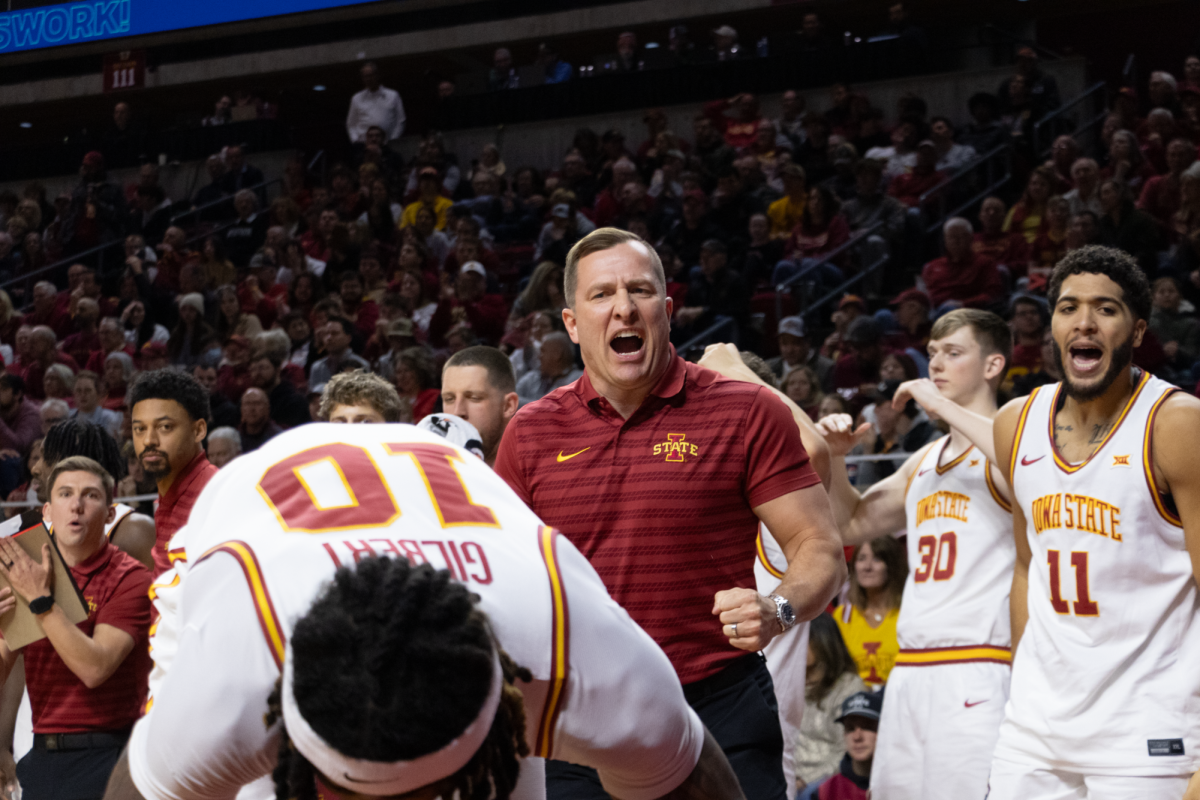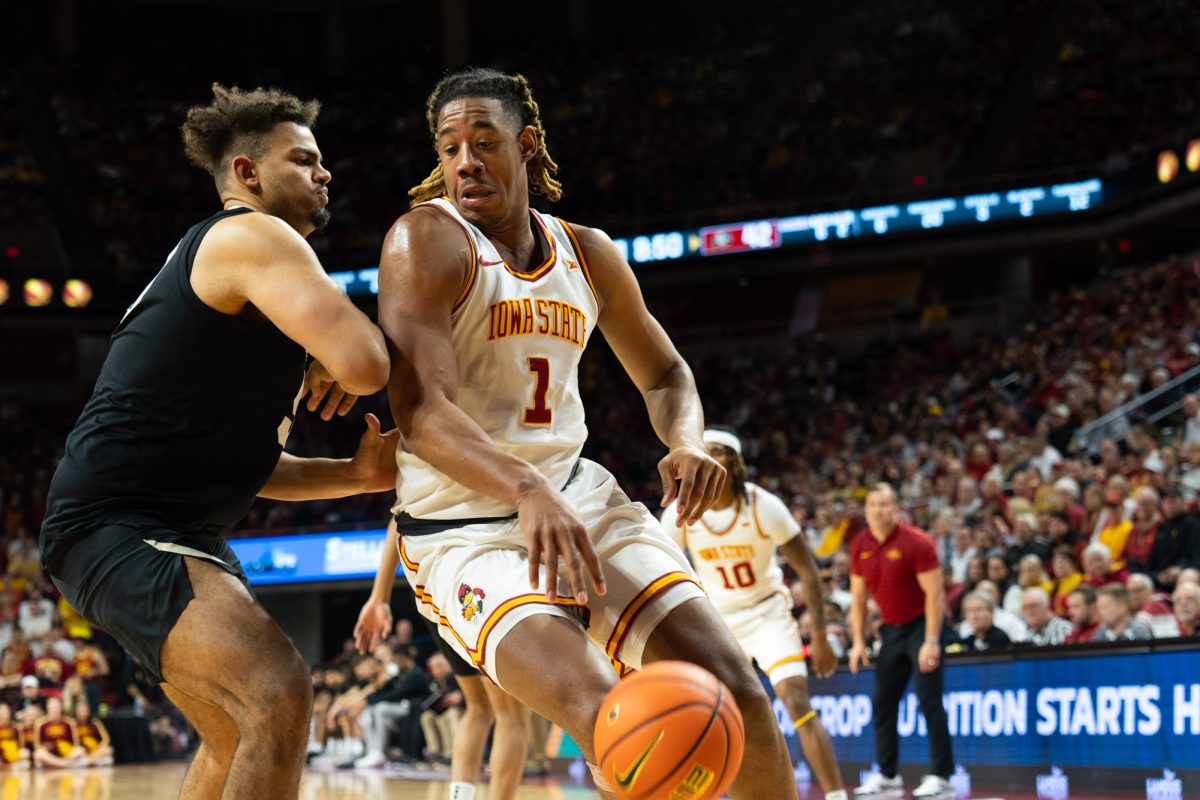The death of album rock
October 21, 2000
When MTV and VH1 do their shows that talk about one hit wonders, showing where they are now and trying to figure out why these musicians only produced one-hit, I can’t help but laugh — these channels are the ones responsible for one-hit wonders.
Back in the awesome days of music, before having a video shown on MTV made or broke a career, bands used to put out albums with more than one good song on them. Instead of putting all the work and emphasis into writing that one hit for MTV, bands would spend time building solid musicianship, and making re-cords filled with solid music.
There is a concept that was huge in the ’70s and ’80s and even a little through some of the fads of the ’90s. It is called album rock. Bands such as Pearl Jam put out whole albums. Sure there are singles off these, but when you listen to the one of the re-cords, it is obvious that it is meant to be listened to as a whole.
Then there are bands such as Matchbox Twenty, who barely put out a good hit, let alone a record that is worth a damn. Bands are so worried about hits and video image, the artists forget why they started a band in the first place — to write good music.
Fred Durst of Limp Bizkit is a perfect example. He spends so much of his time worrying about his vid-eos and the hits that will be on Total Request Live that he sacrificed the musicianship he and his band had on their first album.
But if MTV wasn’t so important for bands, Limp Bizkit might still be putting out good rock records, and the teen pop scene wouldn’t even exist.
That would be great.
But the bands shouldn’t be blamed for this. We should blame the people who have made the record industry suck — record labels.
The labels encourage bands to write the hit, and don’t care about what’s on the rest of the album. It pays for the bands to make the flashiest, most creative videos it can. It market band’s singles, not the actual album.
Then there is MTV, who, with its small amount of video rotation, totally delegate who is going to be famous and who isn’t.
Whenever it shows videos besides the top ten on TRL, it’s basically what TRL would show if it could do the top 20.
I get excited when my digital cable just says videos on MTV, and I turn to it only to find the same crap I see when I sit through an hour of TRL.
If a band puts out a good single after a big hit, and it doesn’t do as well as the hit, the band is dubbed as a one-hit wonder.
The pressure alone of trying to follow up a hit with a hit can be devastating to artists, and that pressure is there because of the labels and MTV.
When it comes to a band’s look, with the exception of Korn’s Jonathan Davis, there is rarely a band on TRL with an ugly lead singer.
Luckily for Korn, drummer David Silveria is a model for Calvin Klein.
This has been evident since hair bands. Why else would Poison wear make up and use three cans of Aqua Net hair-spray every time they did their hair? It was all about their image on MTV.
The success of boy bands and young female pop stars is based on their looks.
They don’t spend all their time writing good music. Hell, they hardly write any of their music.
Instead they are constantly trying to out do each other with their videos and their public appearances.
Believe it or not, bands used to be represented by its music, not a certain look.
It looks like Buggles totally called it when its song “Video Killed the Radio Star” was the very first video to air on MTV.
Sure there are bands who still care about putting out the best records it can, and I’m not saying MTV is the only way for a band to make it.
But to young people just getting into music, MTV is defining music for them. Why do you think the boy bands have a fan base of young girls? Because it doesn’t know any better.
I know so many people in bands right now, and the phrase I hear more than anything is, “I can’t wait until we have a video on MTV,” or “Our goal is to be on MTV in a year.”
This is the attitude that creates crappy bands and one hit wonders.
Musicianship is what makes a band good, not a hit song.






